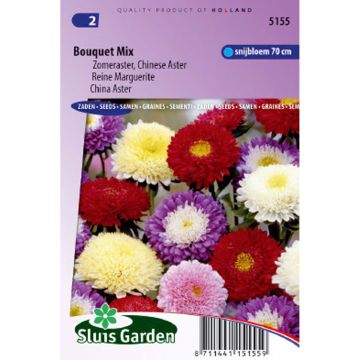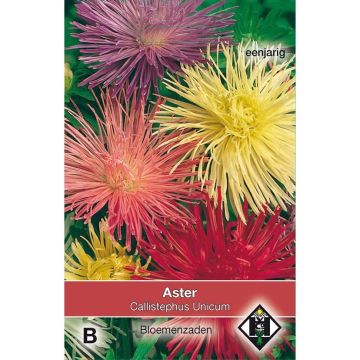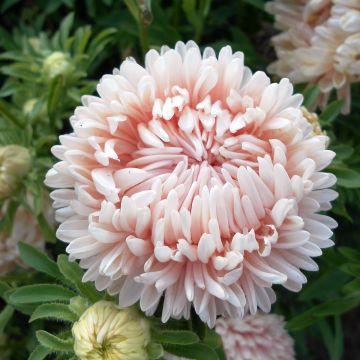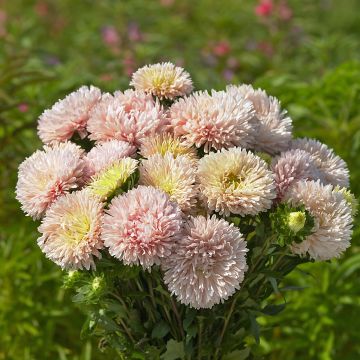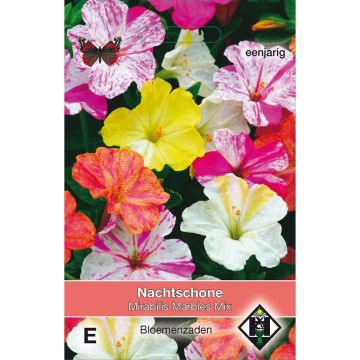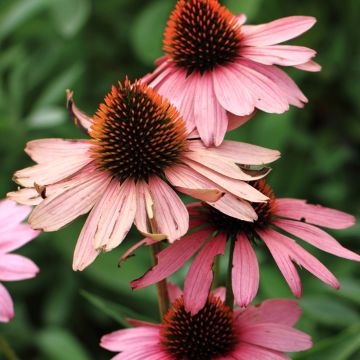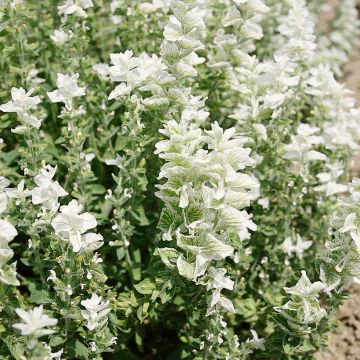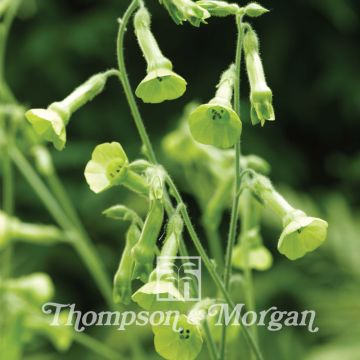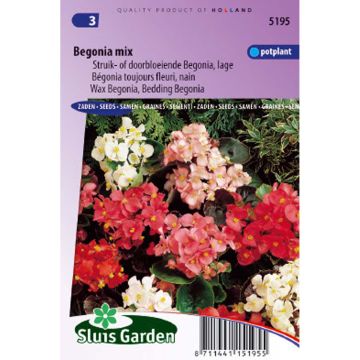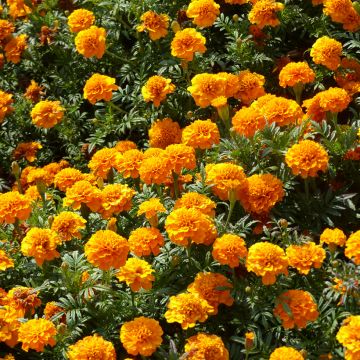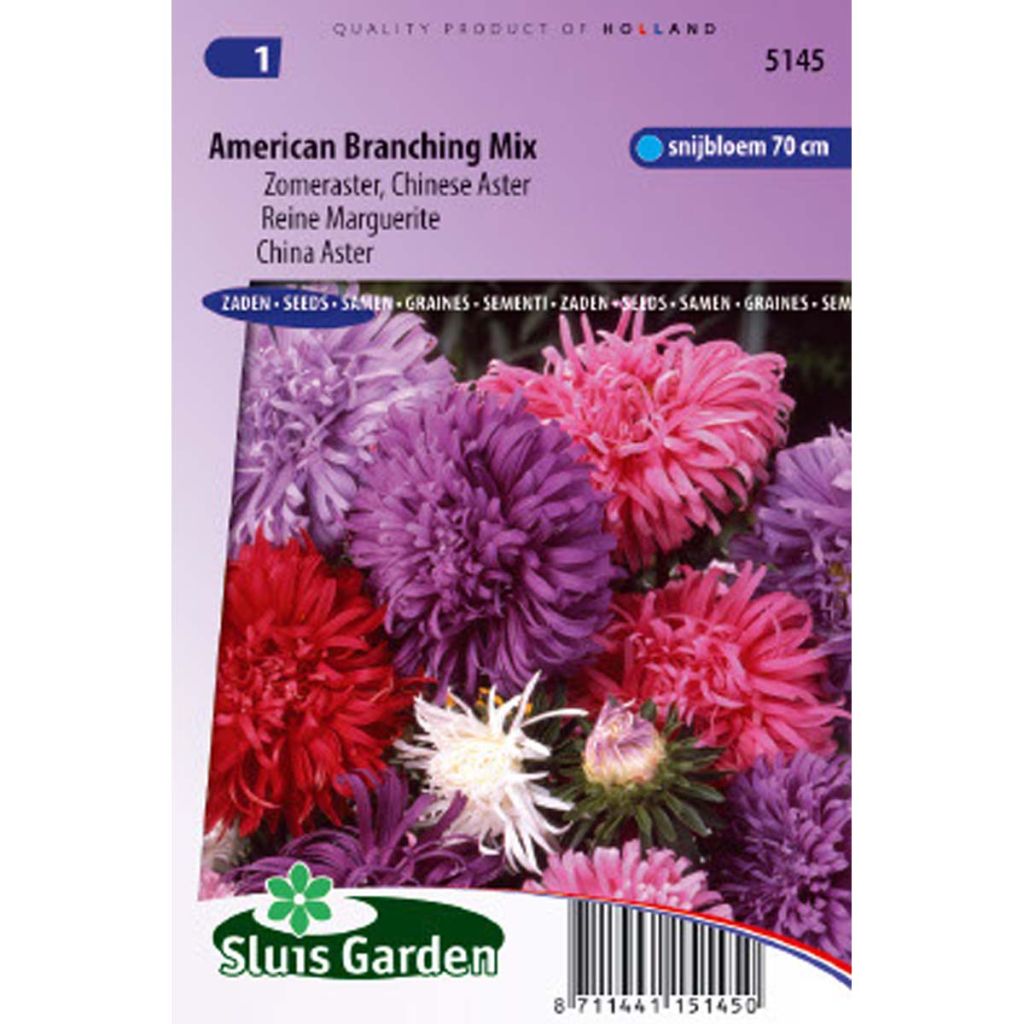

Calla elliottiana Denver
Calla elliottiana Denver
Callistephus chinensis American Branching Mix
China aster
Possible notice that in the next spring.
Yveline L., 28/10/2018
This item cannot be shipped to the selected country
Dispatch by letter from €3.90
More information
Schedule delivery date,
and select date in basket
This plant carries a 6 months recovery warranty
More information
We guarantee the quality of our plants for a full growing cycle, and will replace at our expense any plant that fails to recover under normal climatic and planting conditions.
Seed-only orders are dispatched by sealed envelope. The delivery charge for seed-only orders is €3.90.

Does this plant fit my garden?
Set up your Plantfit profile →
Description
For a long time Callistephus chinensis American Branching Mix or China aster, has been considered to be one of the best flowers for bouquets. At the end of the season, this annual plant displays large, ruffled double flowers borne on sturdy stems that resist all types of weather. Its flowers come in a wide range of colours, particularly red and blue shades. They are long-lasting and make excellent cut flowers. These annual plants are easy to grow. Sow under cover or directly in their final positions, in rich, well-drained soil.
China Aster, also known as Callistephus chinensis, is a Chinese annual plant of the family Asteraceae that has been cultivated since ancient times and that has produced and still produces, many varieties that are very interesting as bedding plants and as cut flowers. The plants of the American Branching Mix reach a height of 60 cm in just a few months and are well-branched. Their sturdy, stiff stems bear oval, serrated bright green leaves. Flowering takes place from July-August to September-October, featuring very double, Chrysanthemum-like, ruffled flower heads with a barely visible yellow centres, that measure 6-8 cm in diameter.
The China aster is a first-rate bedding plant. Its flowers make for naïve but unforgettable scenes. A little out of fashion, they are still very decorative when planted in large drifts in flowerbeds since their flowers are perfect for pastoral bouquets, and they bloom for months if you take the time to remove their faded flowers. Sow them directly in the vegetable garden to obtain a profusion of blooms by the end of summer, even if they are just used to make bouquets. Among the wide range of existing varieties, there are some that carry flowers of various shapes that resemble those of Chrysanthemums with their fine, tapered petals arranged into pompoms that sometimes even have a ruffled look about them, or other varieties that present simple flowers like those of the type species. They come in many colours: from white to yellow, including all kinds of intense shades of pink and purple. The dwarf cultivars are perfect for borders and window-boxes, while the bigger, very double-flowered varieties like those in the American Branching Mix, are better for livening up the backdrop of your flowerbeds.
Report an error about the product description
Flowering
Foliage
Plant habit
Botanical data
Callistephus
chinensis
American Branching Mix
Asteraceae
China aster
Cultivar or hybrid
Other China Aster seeds
Planting and care
Sowing Chinese aster : These plants should never be sown in the same spot two years in a row. Sow outdoors from April to May and plant them out as soon as the plants have 2 to 4 leaves. Plant 40 cm apart, in a sunny spot with well loosened, moist, fertilized soil. Water frequently, but sparingly. It is a good idea to prick out the plants several times while maintaining their root balls, to encourage root development and to slow down the development of the stems, which otherwise could become leggy and break under the weight of the flowers. To obtain an earlier flowering, sow in a cold frame or in seed trays placed on a hotbed, from February to April. Sow the China aster in trays filled with sand and white peat, under cover at a temperature of 16° to 20 °C. Prick out in small individual pots when seedlings have at least four leaves. Place them in the garden when they reach a height of 15 cm. Plant stakes to support larger varieties with very double flowers. Sowing later, in June, allows for staggered flowering until late autumn and can be carried out directly in their final positions in the garden. These plants like neutral or slightly chalky, rich, well-drained soil and require a very sunny position. During dry weather periods, it is necessary to water the plants generously, two times a week, but care should be taken to water the plant and not the foliage, as China asters are susceptible to powdery mildew. Remember to remove faded flowers regularly throughout the season in order to prolong flowering and prevent the weakening of the plant.
Sowing period
Intended location
-
, onOrder confirmed
Reply from on Promesse de fleurs
Flower seeds
Haven't found what you were looking for?
Hardiness is the lowest winter temperature a plant can endure without suffering serious damage or even dying. However, hardiness is affected by location (a sheltered area, such as a patio), protection (winter cover) and soil type (hardiness is improved by well-drained soil).

Photo Sharing Terms & Conditions
In order to encourage gardeners to interact and share their experiences, Promesse de fleurs offers various media enabling content to be uploaded onto its Site - in particular via the ‘Photo sharing’ module.
The User agrees to refrain from:
- Posting any content that is illegal, prejudicial, insulting, racist, inciteful to hatred, revisionist, contrary to public decency, that infringes on privacy or on the privacy rights of third parties, in particular the publicity rights of persons and goods, intellectual property rights, or the right to privacy.
- Submitting content on behalf of a third party;
- Impersonate the identity of a third party and/or publish any personal information about a third party;
In general, the User undertakes to refrain from any unethical behaviour.
All Content (in particular text, comments, files, images, photos, videos, creative works, etc.), which may be subject to property or intellectual property rights, image or other private rights, shall remain the property of the User, subject to the limited rights granted by the terms of the licence granted by Promesse de fleurs as stated below. Users are at liberty to publish or not to publish such Content on the Site, notably via the ‘Photo Sharing’ facility, and accept that this Content shall be made public and freely accessible, notably on the Internet.
Users further acknowledge, undertake to have ,and guarantee that they hold all necessary rights and permissions to publish such material on the Site, in particular with regard to the legislation in force pertaining to any privacy, property, intellectual property, image, or contractual rights, or rights of any other nature. By publishing such Content on the Site, Users acknowledge accepting full liability as publishers of the Content within the meaning of the law, and grant Promesse de fleurs, free of charge, an inclusive, worldwide licence for the said Content for the entire duration of its publication, including all reproduction, representation, up/downloading, displaying, performing, transmission, and storage rights.
Users also grant permission for their name to be linked to the Content and accept that this link may not always be made available.
By engaging in posting material, Users consent to their Content becoming automatically accessible on the Internet, in particular on other sites and/or blogs and/or web pages of the Promesse de fleurs site, including in particular social pages and the Promesse de fleurs catalogue.
Users may secure the removal of entrusted content free of charge by issuing a simple request via our contact form.
The flowering period indicated on our website applies to countries and regions located in USDA zone 8 (France, the United Kingdom, Ireland, the Netherlands, etc.)
It will vary according to where you live:
- In zones 9 to 10 (Italy, Spain, Greece, etc.), flowering will occur about 2 to 4 weeks earlier.
- In zones 6 to 7 (Germany, Poland, Slovenia, and lower mountainous regions), flowering will be delayed by 2 to 3 weeks.
- In zone 5 (Central Europe, Scandinavia), blooming will be delayed by 3 to 5 weeks.
In temperate climates, pruning of spring-flowering shrubs (forsythia, spireas, etc.) should be done just after flowering.
Pruning of summer-flowering shrubs (Indian Lilac, Perovskia, etc.) can be done in winter or spring.
In cold regions as well as with frost-sensitive plants, avoid pruning too early when severe frosts may still occur.
The planting period indicated on our website applies to countries and regions located in USDA zone 8 (France, United Kingdom, Ireland, Netherlands).
It will vary according to where you live:
- In Mediterranean zones (Marseille, Madrid, Milan, etc.), autumn and winter are the best planting periods.
- In continental zones (Strasbourg, Munich, Vienna, etc.), delay planting by 2 to 3 weeks in spring and bring it forward by 2 to 4 weeks in autumn.
- In mountainous regions (the Alps, Pyrenees, Carpathians, etc.), it is best to plant in late spring (May-June) or late summer (August-September).
The harvesting period indicated on our website applies to countries and regions in USDA zone 8 (France, England, Ireland, the Netherlands).
In colder areas (Scandinavia, Poland, Austria...) fruit and vegetable harvests are likely to be delayed by 3-4 weeks.
In warmer areas (Italy, Spain, Greece, etc.), harvesting will probably take place earlier, depending on weather conditions.
The sowing periods indicated on our website apply to countries and regions within USDA Zone 8 (France, UK, Ireland, Netherlands).
In colder areas (Scandinavia, Poland, Austria...), delay any outdoor sowing by 3-4 weeks, or sow under glass.
In warmer climes (Italy, Spain, Greece, etc.), bring outdoor sowing forward by a few weeks.

































